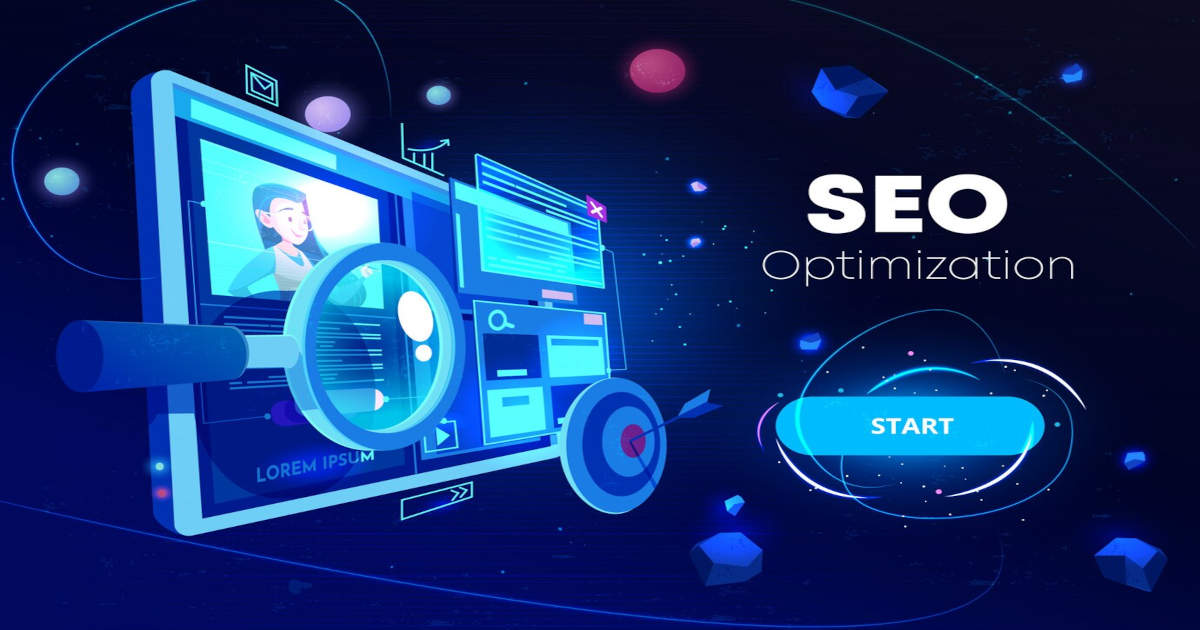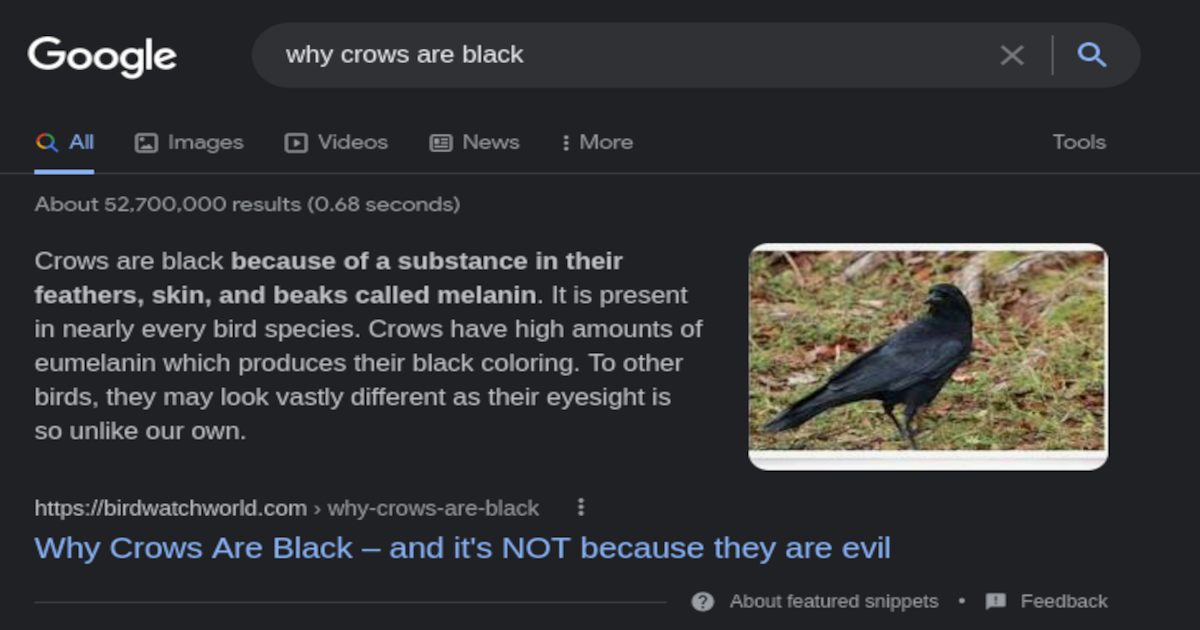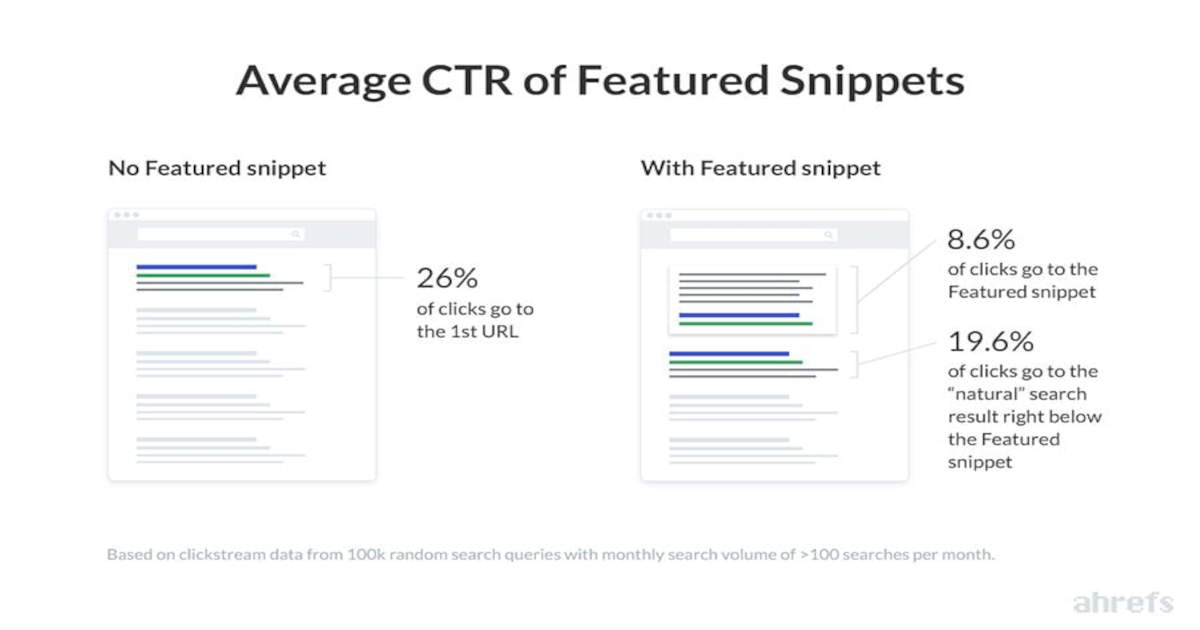SEO of Today, Tomorrow and Beyond
Core Web Vitals
“Google ranking factors that revolve around the user experience while on your site.”
Real-World Experience Metrics
- Page load time
- Sit stability
- Site security
- Intrusive interstitials (Pop-ups)
Impact
- Ranking on mobile and desktop
- Rank in Google’s top stories
- Must meet minimum score
Google Lighthouse
- Diagnose issues
- Recommend fixes
EAT & YMYL (Your Money, Your Life)
YMYL
“Effects sites that affect someone’s health, wealth, happiness, safety, or financial stability.”
- Any site allowing a customer to make a transaction or pay bills
- Financial: investment advice, retirement/estate planning, tax advice, etc.
- Medical: dieting tips, mental health, nutrition, health conditions, drugs, etc.
- Legal: legal advice, divorce/marriages, wills, child custody, etc.
- Official information: government information, policies, disaster preparedness, etc.
- Other examples: child adoption, real estate, car safety, etc.
E.A.T
- Expertise
- Authority
- Trust
- Are you and your website authors experts on the subject?
- Is the author or website an authority on the topic presented?
- How trustworthy is the content that is presented, and the website itself?
Expertise
- Publishing high quality content
- About page addressing your credentials
- Author bio pages
- Links to media mentions
Authority
- Links and citations from press and media
- speaking gigs
- Often shareable content
- Branded search volume
- Wikipedia pages and mentions
Trust
- Clear and accurate contact information
- Clear about policies, shipping info, terms, and conditions
- HTTPS is extra secure
- General sentiment – positive or negative
- Look at reviews
- Register with the BBB (Better Business Bureau; specific to US only)
Google Evaluations
- Human quality raters for EAT review
- Manually review your site to determine your EAT score
Featured Snippets and Rich Snippets
Featured Snippets
- Position “0”
- Snippets for voice search questions
Pros
- Good branding
- Good if you want to obtain the voice search results
Cons
- You get less shelf-space for page one ranking
- The result may answer a query and prevent them from clicking to your website
Impacts of CTR
- Query type
- Target audience behavior
- Specific industry
- Type of featured Snippets
- Your search position
Click and traffic
- Optimize for the featured Snippets?
- Determine if the queries have a featured snippet
- Featured snippets are growing
Though Leadership and Branding
- Ideal
- Position yourself as a thought leader
- Not intended to drive people to your site
Rich Snippets/Results
- Having clear distinction from others
- Have
- Star ratings
- Data
- Clickable navigation
Schema
- A markup to your existing content around specific data
- Visually appealing in search results
- Availability
- Schema for everything
- Visit schema.org
- Obtain rich results
- Integrate into your website’s code
- Use JSON
BERT (2019)
- Bidirectional Encoder Representations from Transformer’s
- Neural Network technique
- One of the biggest updates
- Impacts 1 in 10 search queries
- Helps Google understand human language better
- Determine context of search query
Specifics
- Now pays attention to context words like
- To
- With
- by
- AT
- On
- Sentiments of phrases and discussions
- Sentence is positive, negative, sarcastic, etc.
Optimizing for BERT
- Well written articles
- Write in the voice, language, education level of target audience
- Articles should clearly explain what you’re trying to solve or teach them
- Include relevant details
Impacts
- Social listening tools
- Chat bots respond and interact with users
Evolution of Keyword Optimization
- Algorithms are constantly updated to help remove websites with no user value
- Algorithms analyze documents to determine usefulness
- Topic modeling allows search engines to gauge relevance
- Algorithms use topic association AND semantic relationships between keywords
- Knowledge of topic association will help in crafting engaging content
- Algorithm updates bring new SEO challenges
- SEO has become complex and difficult
- No longer enough for SEOs to adhere to simple checklists
- Require more holistic approach with a knowledge of relevant signals
- Optimized content now relates to overall page concept not keywords
- topic association and semantic analysis allow for better content
- SEOs must deal with the shifting methods of keyword research and optimization
Strengthening Your Keyword Strategy
Topic Association
“Used by search engines to determine relevancy and trustworthiness”
- Search engines analyze contextual meaning to find relevance to topic/theme
- Page should contain keywords relevant to focus keyword, rather than repeating the focus keyword, Examples;
- Winemaking: wine, vineyard, wine growing, wine production
- Support: learn, instructors, students, tuition
- certification: course, class, lecture, program, certificate
- Long-tail optimization
- Where can I learn to make wine?
- How do I get a certificate in winemaking?
- Focus keyword can be broken up into synonyms and other elements
- What other ways can I describe the theme?
- What other words would be relevant?
- What other words support the page topic?
- Page should contain supporting keywords
- Having content that has a cohesive theme results in “long tail keywords”
- Long-tail keywords are longer words or phrases – difficult to predict but very targeted
- Algorithm was updated to check for relevancy and semantic relationships
- Semantic analysis looks at how words are related
- After Hummingbird, semantic and related results were even clearer
How Does Branding Influence Website Rank?
Branding
- Important to marketing strategy
- Can support and boost SEO efforts
- Brand is becoming more Important to Google’s relevancy Algorithm
- SEOs must consider which factors separate brands from untrustworthy shops or spam sites
How to identify a Brand?
- Active social media presence
- contact information
- Address
- Phone number
- Contact form
- Established history (domain registration time) and visible intent to continue doing business
- Receive search volume for their specific brand
- More mentions around the web, including social media
- Bidding on paid keywords for brand names is a strong signal
- Brand keywords drive better conversions in paid search
How to do SEO for a Brand Recognition?
- Consider which external quality signals improve legitimacy
- Value leads to quality signals
- Social presence
- Contact info
- Established history
- Branding and SEO are not mutually exclusive, two strong tactics that work well together
- A large part of SEO involves raising brand awareness
- Clear, value focused goals
- Help grow your brand
- Create great content
- Develop social presence
- Acquire links
- Helps to cultivate branded search
This post is licensed under CC BY 4.0 by the author.


